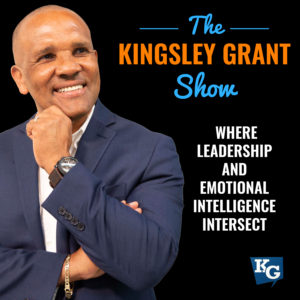“I’m mad at you!”
“I’m angry with you!”
These are two often use phrases people use to describe their feelings when they are highly upset or frustrated about something. They are not able to identify what their true feelings are so they grab quick go-to phrases to describe what they are feeling.
But what does it mean to say to someone: “I’m mad at you?” What do they understand from that? Is that truly what is being felt? I don’t think so and I’ll tell you why in a minute.
UNOFFICIAL RESEARCH ON SECONDARY EMOTIONS
I’ve worked with literally thousands of people over the last 15 or more years and I hear many of them use the word “ mad” and/or “angry” to describe what they are experiencing within their relationship.
When I ask them to tell me more, trying to find out the primary feelings they’re having, they generally have a hard time doing so. With my help, they are able to properly label their feelings rather than use general terms such as “angry” or “mad” to describe their feelings.
Why is this an issue? What’s the big deal you might say?
Glad you ask even though you didn’t. 😃 I’m simply assuming you would have if you were in direct conversation with me. BTW: You can be. Simply leave a comment as it relates to this topic, below.
Ok. Enough of the commercial. Back to regular programming. 😃
LEADERSHIP UNDER FIRE
Imagine you are leading your team as a supervisor, manager or simply a team leader. They are not following through on their assignments as you expected them to. This frustrates you because it affects productivity and the bottom-line: profit.
This would be frustrating for someone who is committed to their work and want to see others do the same. It’s even more so when there are one or two people who are slacking off while the others bust their behind. Excuse my French. At least I didn’t use the 3-letter word for donkey. Haha 😃
As a leader, you are fuming. Maybe not fuming, but feeling very frustrated.
Would you say at the end of the day, you are so mad that you didn’t get all the work done knowing if everyone had pulled there weight the results would have been different?
That’s what low Emotional Intelligent (EQ) leaders would say.
TWEAK WITH NEW EMOTIONAL VOCABULARY
These emotional words describe what’s known as secondary emotions. They do not reflect the truest feelings of oneself. It is hard to “fix” them because they hold little meaning.
You could easily say it might not fix the problem, but it’s a release. Yes, it’s a release but is it a constructive one?
What if you, the leader said, “I’m so frustrated or irritated that the work wasn’t done the way it could have been?” That would be more specific and you would have identified your primary emotion. Primary emotions are easier to address and do something about.
The more specific your word choice, describing your emotions, the better insight you have into exactly how you are feeling, what caused it, and what you should do about it. It’s how you build your emotional vocabulary.
This is what high EQ leaders do.
WHAT GRADE DID YOU GET ON YOUR EQ?
How would you now grade yourself? Would you say you are a high EQ leader? If you raised your hand and said, “Guilty as charged,” knowing you don’t take the time to properly identify your emotions, then make the change.
CHANGE YOUR GRADE
Because this is not easily done, having a coach who understands this paradigm, is essential to your success. That’s where I come in.
My focus is on helping you create and/or optimize your online presence as well as renew your mindset. If you could use my help, reply to this email: kingsley@kingsleygrant.com and let’s set up a 20-30 minute Rapid Discovery Call to see if what I do would suit you.
If you are a business owner or a CEO and would like to change your corporate culture to one that reflects a higher performing and more productive environment, email me at kingsley@kingsleygrant.com. The way I do that is by teaching on Emotional Intelligence, Effective Communication, and Intentional Listening.





